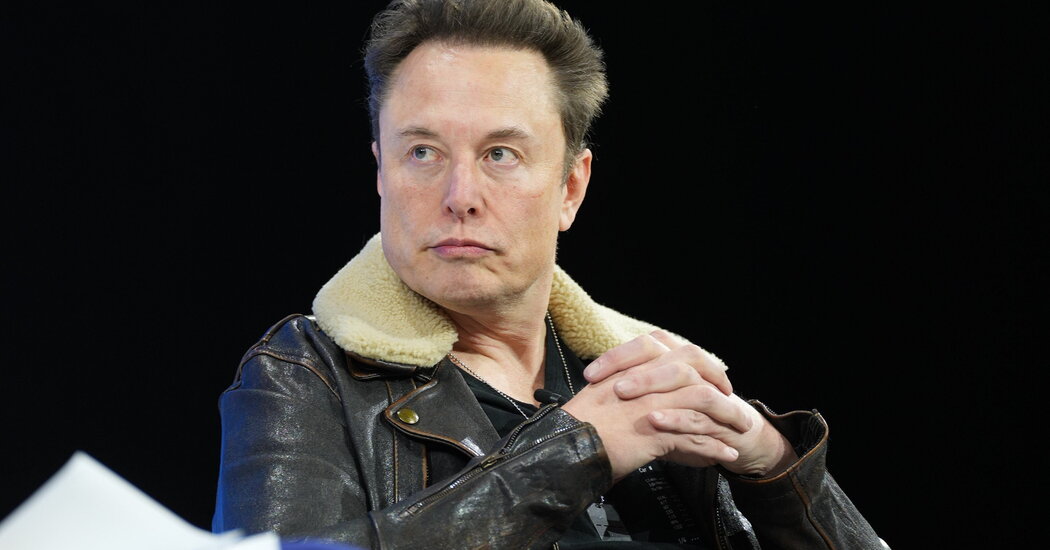Mr. Musk has turned to Silicon Valley to help recruit executives who will take up unofficial positions across the federal government.
An unpaid group of billionaires, tech executives and some disciples of Peter Thiel, a powerful Republican donor, are preparing to take up unofficial positions in the U.S. government in the name of cost-cutting.
As President-elect Donald J. Trump’s so-called Department of Government Efficiency girds for battle against “wasteful” spending, it is preparing to dispatch individuals with ties to its co-leaders, Elon Musk and Vivek Ramaswamy, to agencies across the federal government.
After Inauguration Day, the group of Silicon Valley-inflected, wide-eyed recruits will be deployed to Washington’s alphabet soup of agencies. The goal is for most major agencies to eventually have two DOGE representatives as they seek to cut costs like Mr. Musk did at X, his social media platform.
This story is based on interviews with roughly a dozen people who have insight into DOGE’s operations. They spoke to The Times on the condition of anonymity because they were not authorized to speak publicly.
On the eve of Mr. Trump’s presidency, the structure of DOGE is still amorphous and closely held. People involved in the operation say that secrecy and avoiding leaks is paramount, and much of its communication is conducted on Signal, the encrypted messaging app.
Mr. Trump has said the effort would drive “drastic change,” and that the entity would provide outside advice on how to cut wasteful spending. DOGE itself will have no power to cut spending — that authority rests with Congress. Instead, it is expected to provide recommendations for programs and other areas to cut.
